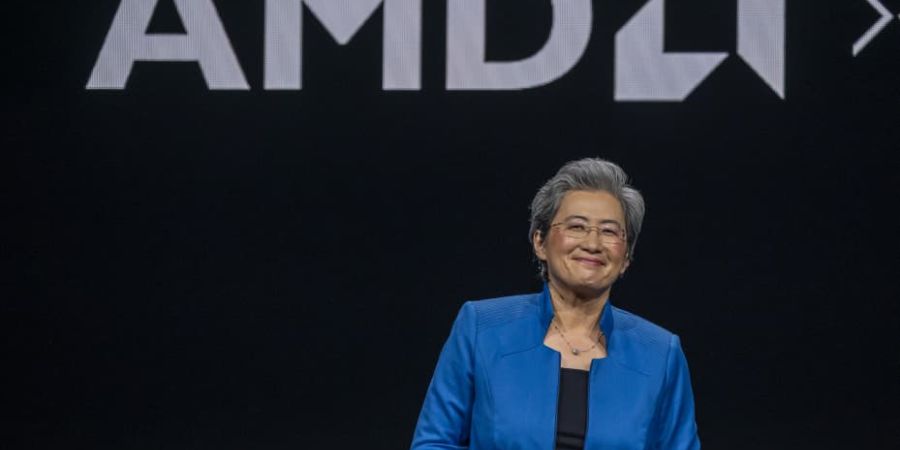AMD has taken the stage once again, this time announcing a lineup of fresh artificial intelligence chips, aiming to claim the throne in the AI arena alongside giants like Nvidia and Intel.
“AI is our number one priority, and we’re at the dawn of an incredibly exciting era for the industry,” declared AMD’s chair and CEO, Lisa Su, during the Computex tech conference in Taipei. “AI is set to revolutionize virtually every business, enhance our quality of life, and reshape the entire computing market.”
In her keynote address, Su introduced the Ryzen AI 300 series, designed for the next generation of AI-powered laptops. This new line is ready to go head-to-head with Intel’s upcoming Lunar Lake and Qualcomm’s Snapdragon X. Teaming up with Microsoft, these chips will also bring the AI chatbot Copilot to a laptop near you.
But that’s not all! Su also unveiled the new Ryzen 9000 series for desktops, proudly touting them as “the world’s fastest consumer PC processors” for gaming and content creation. Both the Ryzen AI 300 and Ryzen 9000 series are expected to hit the shelves in July. This announcement follows AMD’s April reveal of new processors capable of handling AI workloads – the Ryzen Pro 8040 for laptops and the Ryzen Pro 8000 for desktops.
The chip war is heating up! Nvidia, not to be outdone, unveiled its next generation of AI chips, dubbed “Rubin,” set to replace the recently announced “Blackwell” model. Nvidia’s CEO, Jensen Huang, has vowed to release new AI chip technology every year, speeding up from their previous two-year cycle. AMD, too, has pledged to keep the annual AI chip releases coming.
On Monday, AMD also outlined its data center chip roadmap, spotlighting the Instinct MI325X accelerators — a souped-up version of the MI300 series — scheduled for release in the fourth quarter. Looking ahead, the Instinct MI350 series, built on next-gen architecture, is set for 2025, with the MI400 series following in 2026.
Su also previewed the latest fifth-generation EPYC server processors, which are expected to launch in the second half of this year, promising to “continue the leadership performance and efficiency of the AMD EPYC processor family.”
Much like Nvidia, AMD doesn’t manufacture its own chips. Instead, it outsources production to foundries, primarily to Taiwan Semiconductor Manufacturing Company, the world’s largest contract chipmaker.
The Ryzen AI 300, Ryzen 9000, and 5th-gen EPYC chips will be built on the latest “Zen 5” architecture. It looks like AMD is ready to give us some serious AI power-ups!




